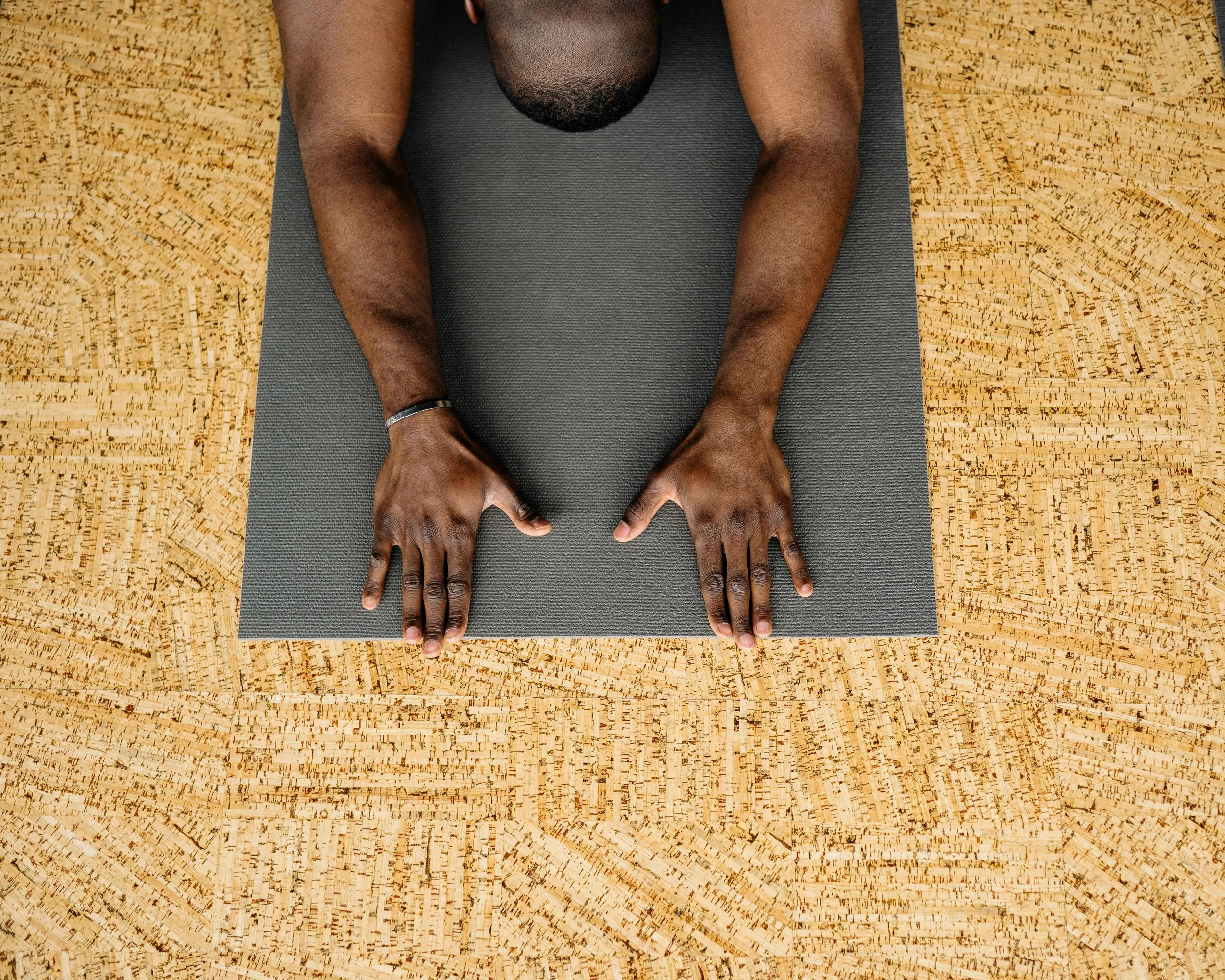Holistic Pregnancy, Birth & Postpartum Wisdom
Insights, stories, and evidence-based guidance from over 30 years of midwifery experience.
Welcome to the Home Sweet Homebirth blog!! A warm space where holistic wisdom meets practical support.
These posts are created to guide you, inspire you, and empower you through every stage of pregnancy, birth, and postpartum.
Whether you're preparing for your first baby or deepening your knowledge as a birth professional, you’ll find tools, stories, and grounded guidance that nurture the whole person... body, mind, heart, and spirit.
Featured Post
What You’ll Find Here
Holistic Pregnancy Support
Evidence-based care paired with ancient wisdom. Explore topics like nutrition, mindset, prenatal yoga, emotional well-being, and preparing your home and heart for birth.
Birth Preparation & Advocacy
Learn how to navigate hospital systems, understand interventions, build your birth team, and create the conditions for an empowering physiological birth… wherever you choose to give birth.
Postpartum Healing
Gentle, nourishing guidance for the early weeks and months after birth… physical healing, emotional support, breastfeeding, bonding, and reclaiming your strength.
Yoga, Breathwork & Mindfulness
Practical techniques, meditations, and restorative practices rooted in Anne’s lifelong love of yoga and breathwork — supporting your nervous system, resilience, and joy.
Stories From Real Families
Courageous, beautiful, transformative birth stories submitted by families Anne has supported. These reminders of strength and possibility inspire every reader.
Wisdom for Birth Professionals
Thoughtful insights for doulas, midwives, and childbirth educators committed to compassionate, evidence-based care.
Browse Categories
Wherever you are on your journey...you deserve care that honors your whole being!
Recent Posts
Get Anne’s Most-Loved Free Guide
40 Things To Do Before Giving Birth
A step-by-step, holistic checklist for preparing your mind, body, heart, and home for labor, birth, and postpartum.
Birth is more than a moment…it’s a rite of passage.
Join a community where you are supported, respected, and encouraged to step into your power.
Sign up for weekly wisdom, updates, and heartfelt guidance from Anne.















